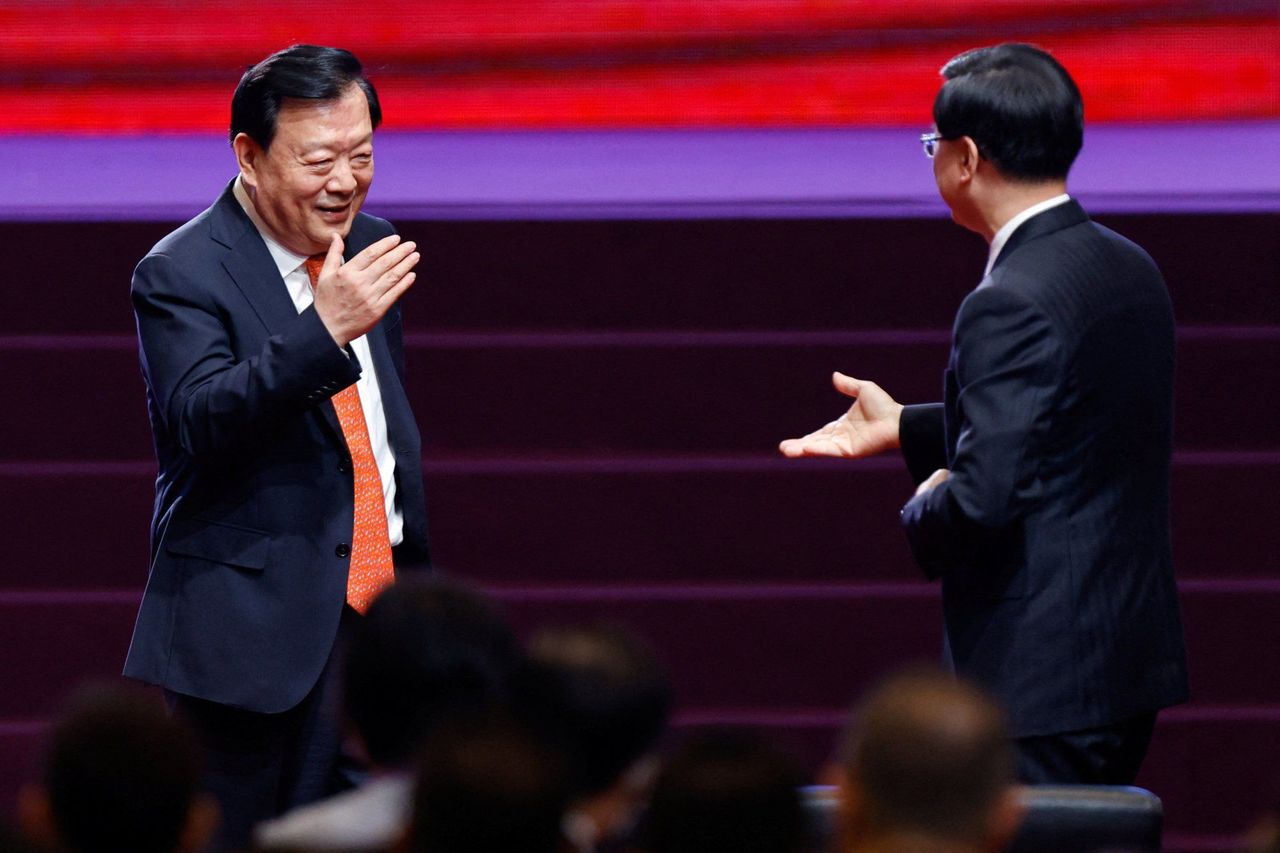Hong Kong News

A timely reminder from Beijing on what’s truly at stake in Hong Kong
The visit to Hong Kong by Xia Baolong, director of the State Council’s Hong Kong and Macau Affairs Office, has huge implications for the city. As part of his packed schedule, Xia spoke to local lawmakers in a candid exchange of views, met Hongkongers from different walks of life, and tasted the city’s famed dim sum.
Throughout his visit, he demonstrated a good grasp of the city’s livelihood issues and development potential.
Yet some foreign media reports focused only on Xia’s remarks on protests, seeing in them a central government warning about protests in the city – which, they noted, had become rare after the national security law was introduced in 2020.
Hong Kong people have the right – as guaranteed under the Basic Law – to express their opinions and join legal demonstrations. But as Xia has pointed out, people’s goodwill can be exploited by those with ulterior motives, who can “hijack” valid concerns on livelihoods issues and turn them into political confrontations.
Xia’s words were a sincere reminder for Hongkongers to be vigilant against those who overstep the mark, and to focus on economic development.
Besides, Western-style democracy and elections are not the gold standard the rest of the world must follow. The West promotes a narrow view of democracy that is biased and prejudiced.
Hawkish politicians in the West have tried their best to demonise China while ignoring the flaws in their own system, where voters can be offered fulsome promises during electoral canvassing and left empty-handed after elections.
Indeed, China’s unique political system – characterised as whole-process democracy – embraces consultations, decision-making and oversight, thereby integrating process-oriented democracy with results-oriented democracy. It ensures people’s aspirations are the will of the country.
Hong Kong cannot blindly mimic the Western model. The recent revamp of Hong Kong’s electoral system, initiated by the central government, is in line with the “one country, two systems” framework and ensures the city’s prosperity.
Even before Hong Kong’s return to Chinese sovereignty, Hongkongers appreciated that maintaining the city’s long-term prosperity and stability was the central government’s top priority.
To achieve this, in the run-up to 1997, Chinese leaders agreed to keep Hong Kong’s capitalist system and way of life unchanged for 50 years. This promise is enshrined in Article 5 of the Basic Law. It remains the cornerstone of one country, two systems and serves the interests of Hong Kong as well as the nation.
Yet, while the system remains as robust as ever, circumstances have changed and appropriate and swift responses to fend off external threats are needed.
In his keynote speech to mark National Security Education Day on April 15, Xia was absolutely right to point out that it has taken huge commitment and sacrifice to achieve national security and safeguard the city’s tranquillity and prosperity.
 Xia Baolong, director of the Hong Kong and Macau Affairs Office, meets
Hong Kong Chief Executive John Lee Ka-chiu during the National Security
Education Day seminar in Hong Kong on April 15.
Xia Baolong, director of the Hong Kong and Macau Affairs Office, meets
Hong Kong Chief Executive John Lee Ka-chiu during the National Security
Education Day seminar in Hong Kong on April 15.
He spoke of the key responsibilities of all SAR institutions of the executive branch, the legislature and the judiciary. Safeguarding national security should not be the job of other people – it is imperative that every citizen plays a role.
Above all, Xia highlighted the six key sectors of Hong Kong, comprising the governing bodies, the legal sector, patriotic forces, foreign investors, its young people, and the general public. The rule of law is a cornerstone of this city and Xia’s reassurances of the central government’s support of the practice of common law, in particular its compatibility with the national security law, should be applauded by the legal sector.
His praise of the legal sector, in particular judges, in fairly applying and adjudicating on national security cases is a clear indication that the central government fully understands all aspects of Hong Kong’s latest developments and resolutely safeguards our rule of law, the “golden name card” of the city.
This year marks the nation’s first National Security Education Day after the end of the pandemic. Prosperity has served the best interests of every Hong Kong citizen. Throughout his landmark visit, Xia not only showed he has heard Hongkongers’ voices, but has also shared a wonderful vision for our city and our young people.











